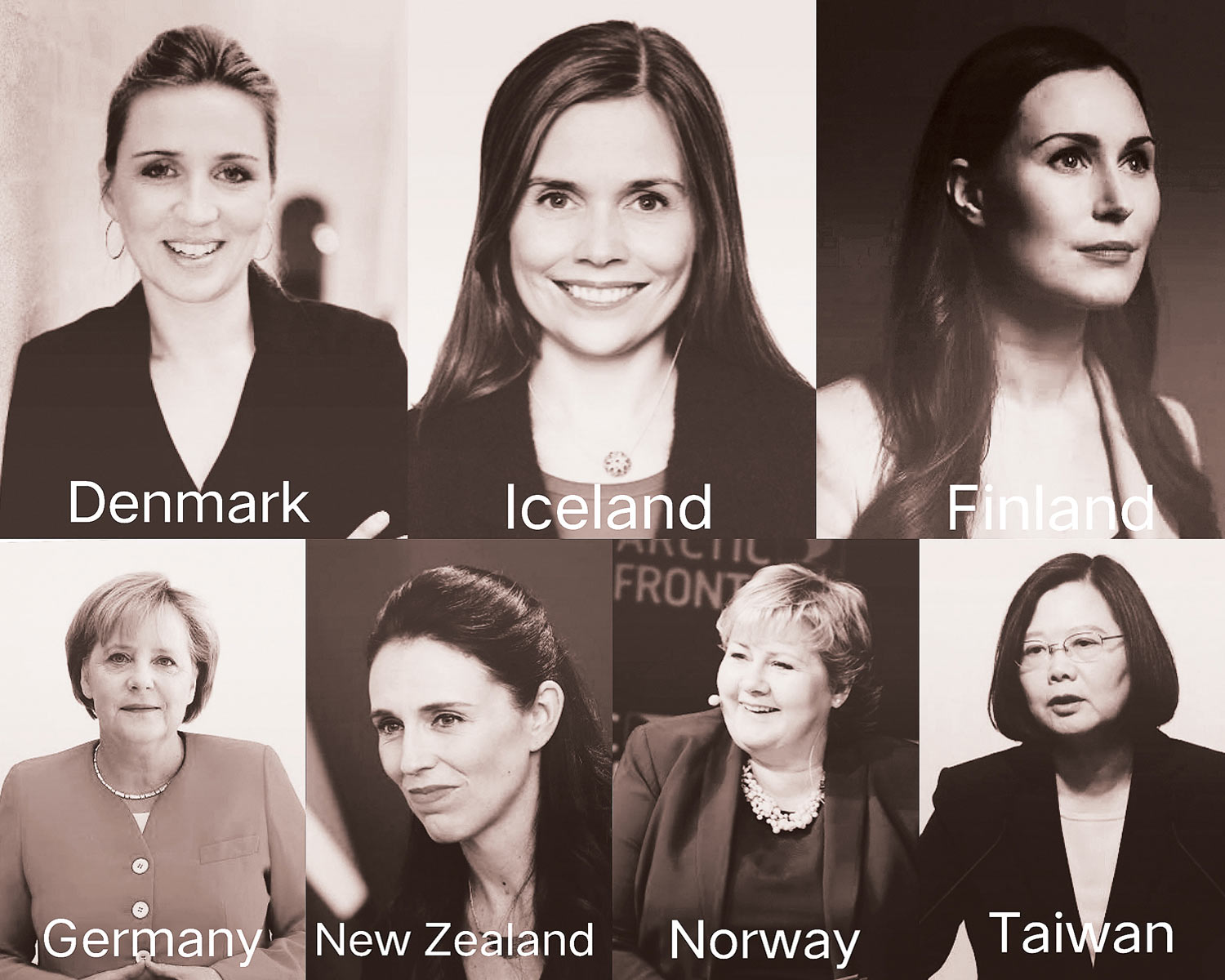
The Female Advantage
fixated on fitting in, wearing a bland outfit so as not to draw attention to myself. I worked at staying quiet, not saying too much, sitting at a table in the back of the room.
As president and CEO of a professional services company for the last seven years, I was at a meeting with other CEOs to talk about potential partnerships. As the knot tightened in my stomach, the thoughts that ran through my head were, “I don’t fit in. Nobody looks like me. Are they going to take me seriously?” I prayed to the CEO goddesses. “Please make another woman walk into the room.”
My reaction to functioning in this way was to put my head down and bear it. Over time, these self-denigrating behaviors made me angry. Angry that I needed to adjust myself to be heard. Angry that I needed to fight for a seat at a table that I had earned…over and over again. When I decided to leave my CEO position and go out on my own, these formative experiences became the fuel that drove my consulting business. I wanted to help other women to function as the leaders they could be using all their skills and all their strengths, and to stop the conditioned behaviors that sabotage their success and happiness.

In addition to growing evidence that female leaders often generate results exceeding their male counterparts, the pandemic has illuminated additional skills women possess that have been both undervalued and under-used. Seven countries led by women—Taiwan, New Zealand, Germany, Finland, Iceland, Norway, and Denmark—all suffered only one-sixth of the death toll when compared to countries governed by men.2 They are also more likely to rapidly recover from an economic recession.3 In examining the way these women led during the crisis, it was noted that they deviated from male leaders in that they did not underestimate the risks; they focused on preventative measures, and they prioritized long-term social well-being over short-term economic considerations.
When New Zealand’s prime minister, Jacinda Arden, declared the nation’s first COVID-19 lockdown in March 2020, she urged everyone, “Be kind. I know people will want to act as enforcers. And I understand that, people are afraid and anxious. We will play that role for you. What we need from you, is to support one another. We will get through this together, but only if we stick together. Be strong and be kind.”
As an executive coach, I’ve observed how my clients want to lead with kindness and empathy and struggle with it at the same time. These traits have brought to the surface an approach that I see needs to be embraced: female leaders who are given permission to acknowledge (without guilt or shame), embrace (without self-sabotaging), and express (without feeling braggy or bossy) their unique gifts and talents. In this environment, they do better, sleep better, and are happier.
I’ve observed a widely shared pattern of thinking about how female leaders should act. Mindsets are deep, assumed patterns of thinking that shape how we make sense of the world and what we do. For example, most female leaders believe that they can be either competent and cold or friendly and incompetent. These mindsets matter because they shape our behavior and decisions.
I’ve witnessed women either devalue, not trust, or not use skills such as kindness and empathy because they feared being perceived as weak or inexperienced. Instead, they chose self-sufficiency, perfectionism, and over-functioning. Their mindset is to feel misplaced guilt when they acknowledge their talents, selfish when they ask for what they deserve, and weak when they need to take care of themselves.
I teach growth mindsets that challenge female leaders to consider a different way of thinking. For example:
For me is not against you.
For me is better for you.
For me is for you, too.
This mindset shift allows them to stop questioning their skills, talents, and accomplishments, and own their power as leaders.
I have seen these leaders now act purposefully, intentionally choosing to lead with their innate abilities, shifting from a fixed mindset (“showing empathy makes me look weak”) to a growth mindset (“my empathy encourages connection and improves collaboration”). They have developed delegation skills to focus their time on higher-level activities such as strategic planning and influencing. They have greater confidence in taking calculated risks and dealing with complexities. They experience increased connection, productivity, and job satisfaction.
Shifting their perspective to identify, embrace, and express their unique leadership skills, they are achieving The Female Advantage for themselves and their organization.
It is clear to me that rather than believing these skills to be career breakers, they should be leveraged as the assets they are.
